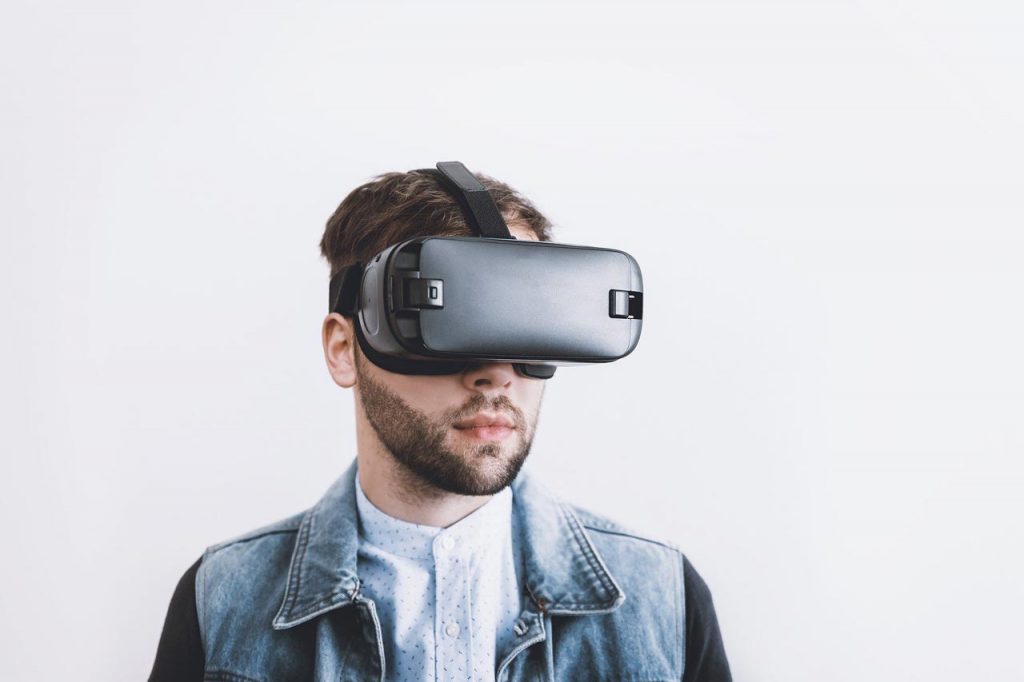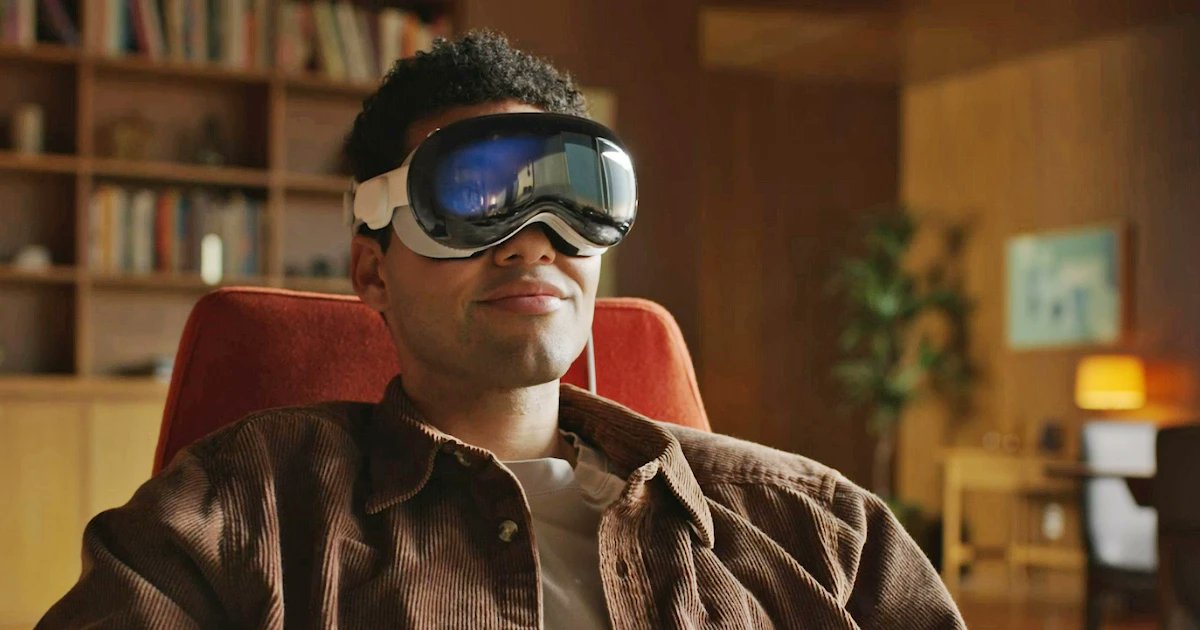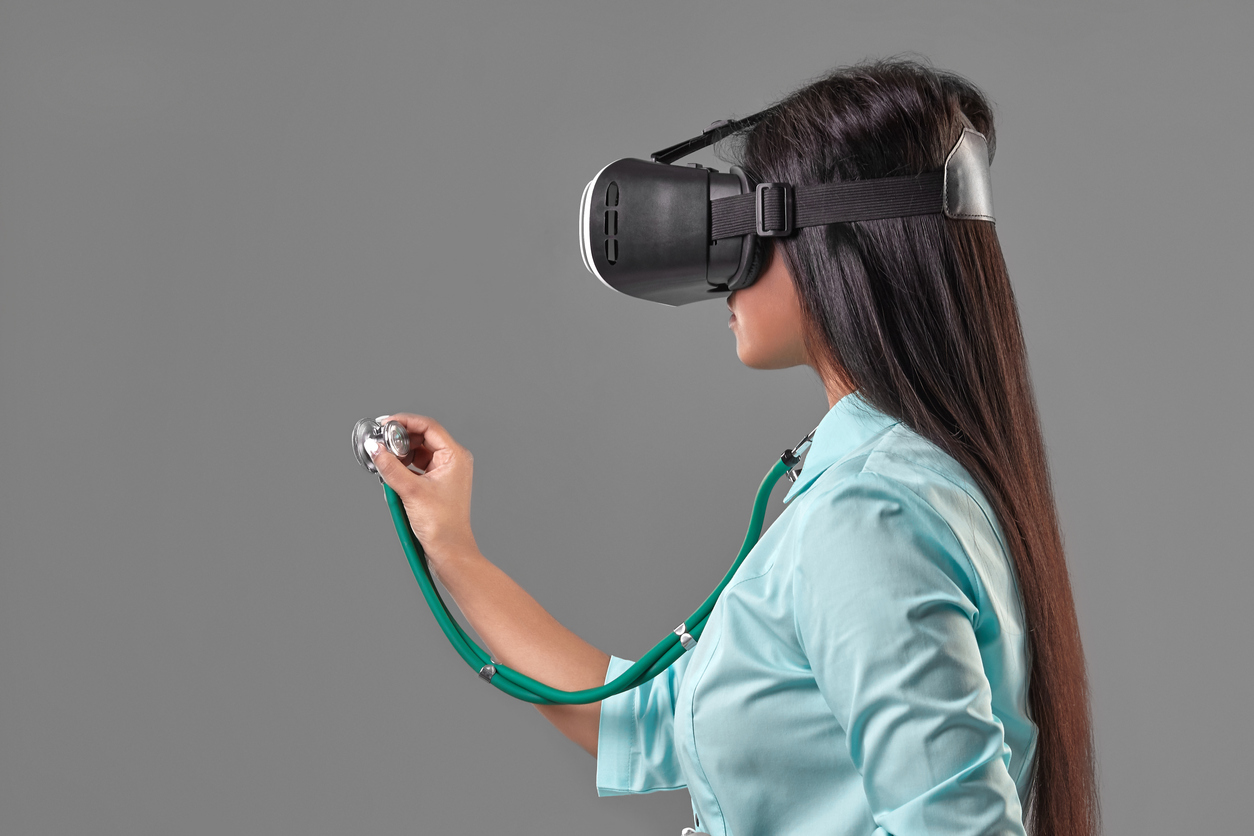
When you’re thinking about spending your hard-earned dollars on a piece of real estate, being sure you’re spending your money wisely is a critical factor. Therefore, to be sure you’re putting your money down on the right type of property, gaining as much intel as possible is crucial.
Investors who have more capital than time understand the value of thoroughly examining the ins and outs of a property before making an offer. And with the advent of virtual reality and augmented reality technology, real estate sellers and buyers are both learning the value of these technologies in a rapidly evolving marketplace.
To help you determine whether or not VR and/or AR are right for your real estate business, read on! If VR or AR can make a massive difference for your earnings, Laminar is your trusted developer. Let’s examine how VR and AR are influencing the real estate industry and how Laminar can help you capitalize on this trend with custom application development services for VR and AR for a greater competitive edge in this highly competitive industry.
VR Provides Prospective Real Estate Buyers A Complete Picture
Although looks may be deceiving, they’re also decisive when it comes to purchasing a piece of real estate. Print marketing can only go so far—at the end of the day, looks matter when it comes to buying property. By enabling potential buyers to see the property as if they were there in person, you’ll open yourself up to a larger market of buyers, helping boost potential sales prices overall.
In the past, real estate agents would have to contact customers directly to communicate real estate purchase parameters verbally or in written form before having them visit the actual physical location. But now, real estate VR and AR make it possible for potential buyers to get all the real-world analysis they need from a distance, speeding up sales cycles and freeing up time for real estate agents.
There’s no doubt this tech is transforming industries from real estate and beyond. Estimates indicate AR and VR could reach an $80 billion market in 2025, and that includes applications for real estate marketers.
Today, a huge majority of real estate agencies are using these technologies to deliver better service to their clients on both the buying and selling sides of the equation. From printed catalogs to virtual presentations of properties, VR and AR technology creates a whole new buying experience when it comes to real estate.
To help you learn how VR and AR can help you grow your real estate business, laminar Consulting will cover the crucial points about how this technology is transforming the real estate industry, along with the steps you can take to capitalize on this exciting new opportunity for selling.
6 Ways To Implement VR & AR In Real Estate Sales
If you’re on the fence about whether or not VR or AR could make a difference for your real estate firm, let’s run down the list of merits for using this technology to sell your listings faster.
#1—Showcase Your Property Listings With Virtual Reality
Searching for real estate to buy can consume a considerable amount of your clients’ time. But, with the help of virtual reality, clients are empowered to visit your listings virtually from anywhere and at any time of day without you needing to be there.
Beyond access to the VR software itself, the only thing clients will need is VR headsets to experience an amazing way to view properties in full three-dimension playback.
Typically, real estate firms offer two types of virtual tour methods to their clients using VR:
Interactive Real Estate Showings With VR
Interactive Visits enable prospective property buyers to choose where to move inside the property on their own. They can simply click on predetermined points in the viewing field to move to each additional area.
Guided Real Estate Showings With VR
Much like a conventional showing, guided VR showings lead buyers through a 360-degree tour of the property from one room to the next. Typically, all that’s required for this is a 360 video camera to record the property.
#2—Virtual Property Staging
Research indicates that 77% of real estate agents agree that staging a property helps buyers make purchase decisions more quickly. AR/VR enables agents to showcase their property listings in ways that help buyers envision how their homes could look.
AR makes it possible to change a property’s interior design, including furniture and accessories. One great example of this tech is the IKEA app that shows users their furniture options in their homes before buying.
#3—Architectural Plan Visualization Using AR/VR
Selling property before it’s built can be challenging. But, with Laminar Consulting VR and AR, your prospective real estate buyers can more easily imagine how bare land will look with a beautiful new building on it. Essentially, AR/VR software presents a full-scale model of an unbuilt property to your buyers, helping seal more deals with less friction.
#4—Custom AR/VR Apps For Real Estate Agencies
With only a single real estate application, it’s possible to attract more potential buyers to your real-estate business. By including AR or VR into the feature set, your real estate mobile app can help you outsell the competition by offering tours 24/7.
#5—Virtual Neighborhood Bike Tours
Laminar Consulting helps you create 3D architectural visualizations using VR and AR software to enable your clients to take virtual bike tours through the neighborhoods of your listings.
Virtual bike tours help potential clients envision what living in a particular neighborhood will be like by riding through the streets and discovering the local amenities.
#6—Capture Dimensions And Create Floor Plans
AR and VR can help develop prototypes with 3D models by assisting in capturing the dimensions and making floor plans of existing buildings.
Apps such as MagicPlan assist with project cost estimates, DIY projects, and more. Before VR, it was necessary to bring a physical tape measurer to measure room dimensions, but with tools like AirMeasure, you can take measurements by simply pointing your device and following instructions on the screen.
Can AR/VR Technology Transform Your Real Estate Business?
AR/VR technologies are transforming the real estate industry across the nation. Going far beyond simple 360-degree video used by many realtors, AR and VR can instantly transport potential buyers to your listings, speeding up sales cycles and giving you a competitive edge.Contact Lamincar Consulting for custom AR/VR application development services and take your real estate empire to the next level!
Share this Article:



